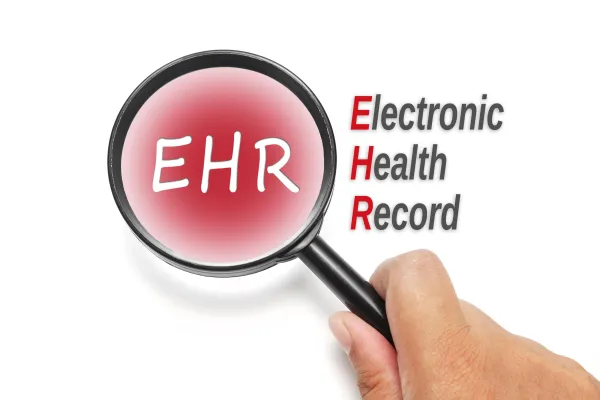Radiology Coding Alert
Payment Piece:
CMS Calls Providers Liable For Overpayments
Published on Thu Jul 21, 2016

You’ve reached your limit of free articles. Already a subscriber? Log in.
Not a subscriber? Subscribe today to continue reading this article. Plus, you’ll get:
- Simple explanations of current healthcare regulations and payer programs
- Real-world reporting scenarios solved by our expert coders
- Industry news, such as MAC and RAC activities, the OIG Work Plan, and CERT reports
- Instant access to every article ever published in Revenue Cycle Insider
- 6 annual AAPC-approved CEUs
- The latest updates for CPT®, ICD-10-CM, HCPCS Level II, NCCI edits, modifiers, compliance, technology, practice management, and more
Related Articles
Other Articles in this issue of
Radiology Coding Alert
- Scanning Section:
5 Key Questions Help Prevent Your Duplex Scan Codes From Falling Under The Radar
Complete documentation alone can help build clean claims. If you report non-invasive vascular studies, it’s [...] - Be Aware of These 9 Reasons for Denials
The National Government Services (NGS) has listed nine reasons for reducing or denying the claims. [...] - ICD-10-CM Update:
New in ICD-10-CM: Prepare To Include Changes In GI Tumors And Prostate Dysplasia
Anatomical location and histological features gain importance. In addition to the extensive revisions proposed for [...] - Payment Piece:
CMS Calls Providers Liable For Overpayments
Identify overpayment, check time frame, and return if you received surplus. CMS has shifted the [...] - You Be the Coder:
Not All X-Ray Claims Qualify For Modifier 50
Question: When can we append modifier 50 to bilateral X-ray claims? New York Subscriber Answer: If the [...] - Reader Question:
0262T Is Now Obsolete For TPVI
Question: How can we report TPVI procedure in a patient of Tetraog of Fallot with conduit [...] - Reader Question:
Do Not Forget Injection Code in Subclavian Venogram
Question: How can we report the diagnostic venography in the subclavian vein? Wisconsin Subscriber Answer: For subclavian [...] - Reader Question:
+0439T is The New Echo Cat. III Code
Question: What are the new Category III codes expected for echo procedures this July? South [...] - Reader Question:
Laterality will Guide Your Coding for Hand Joint Pain
Questions: Are there any new codes proposed for joint arthralgia in ICD-10-CM for 2017? Currently, ICD-10-CM [...]
View All




